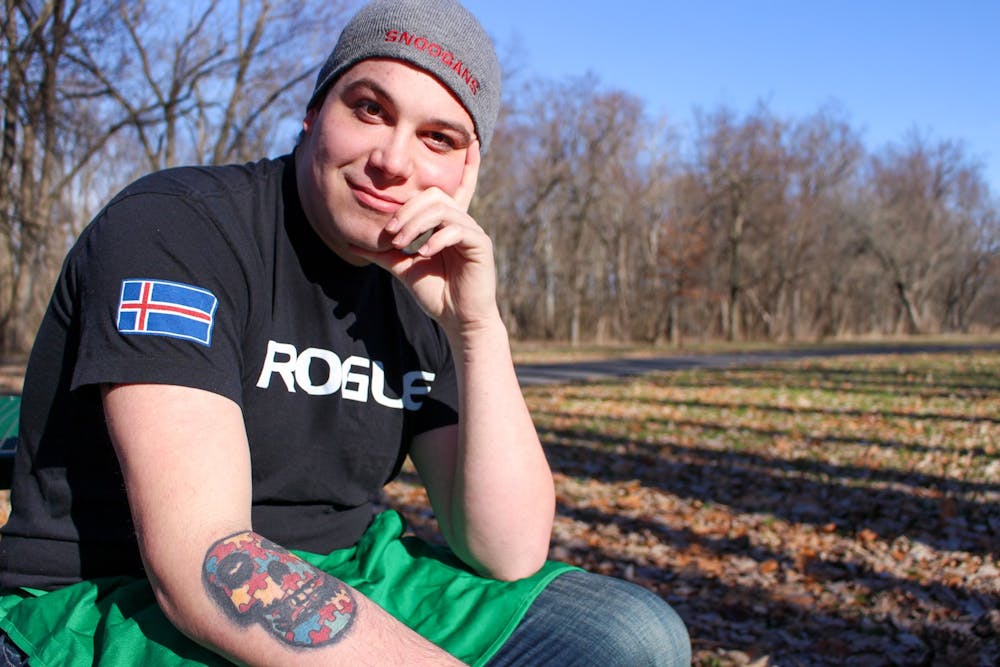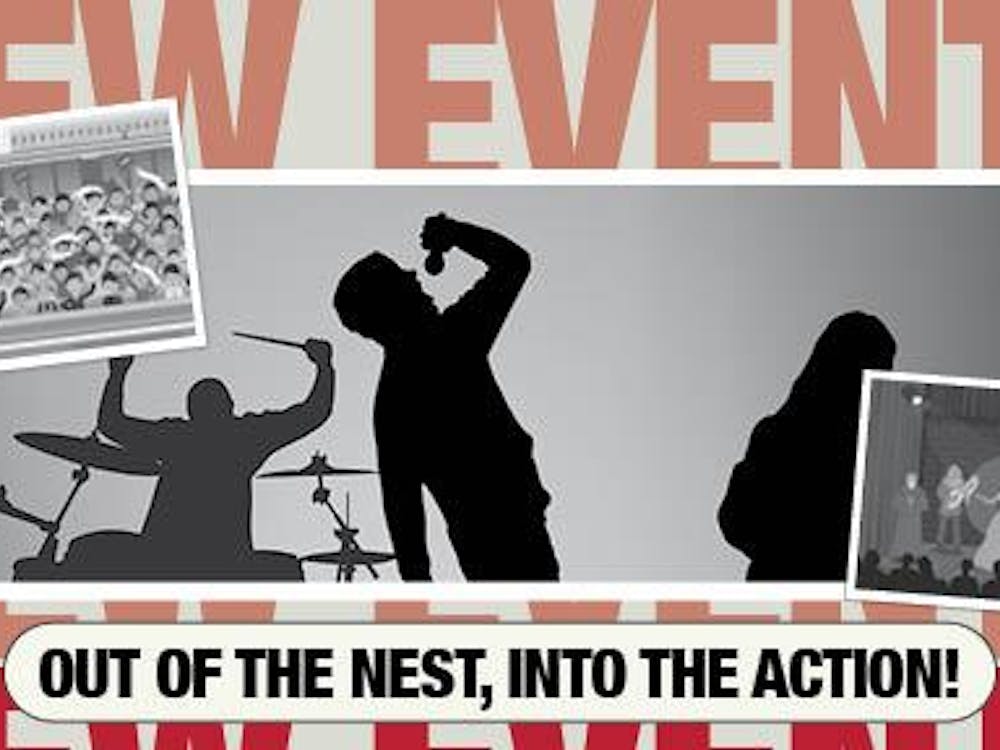Colt Osterman, a Muncie resident, has worked more than 10 different jobs in the past four years, which he attributes to how employers react to his disability.
He said he has worked in occupations like food service, retail, healthcare and call service and often finds a quick backup plan when a job falls through.
“I just try to grab what's available when I'm ready to work, but it is that struggle of trying to find the right workplace that will suit me,” he said.
Osterman said he often informs his employers about how autism affects his learning speed, but for every job, it ends with him getting fewer hours or not returning to the job altogether.
“It takes me a while to process things. It will take me a while before I get the hang of things,” he said. “My biggest weakness is that I’m slow.”
He said his disability often leaves employers believing he doesn’t care or that he is lazy.
“I think that’s very ignorant because I’ve done many jobs that I didn’t want to do,” Osterman said.
According to the U.S. Bureau of Labor Statistics, the unemployment rate for people with disabilities in November 2019 was more than double the rate for people without a disability.
Kim Dodson, executive director of The Arc of Indiana, said some people with disabilities often take the first job they are presented without making sure the job is the right fit for them.
To help close the gap and provide a wider array of opportunities to those with disabilities, The Arc works to educate both employers and people with disabilities.
The 1990 Americans with Disabilities Act established nondiscrimination standards for people with disabilities in the workplace. However, employers need training to understand how to approach these conversations respectfully, Dodson said.
“Making sure that the employer is well educated about the skill set of the employees they’re getting is really important, and I don't think that that happens as much as it needs to,” she said.
Additionally, The Arc created the Erskine Green Training Institute (EGTI), which offers postsecondary vocational training for people with disabilities. Dodson said EGTI trains its students in three categories — hospitality, food services and healthcare.
Soft skills, she said, are emphasized in the training to help provide people with the tools they need to get or keep their jobs. According to EGTI’s website, these skills include workplace manners, teamwork, leadership and communication.
In recent years, Dodson said, more conversations are taking place between employers and The Arc of Indiana. She added the disability representation on city boards and similar bodies is one way to increase diversity.
“Let’s just increase awareness so that we can all just be a more accepting society, and we all benefit from that because if we were all the same, how boring of a world would this be?” Dodson said.
Osterman said he hasn’t heard about The Arc and the work it does. However, he does use Voke Rehab, which does similar work to The Arc and helps people with disabilities find a job that suits them.
While he searches for a more long-term fit, Osterman currently has a job as a barista, attends Ivy Tech Community College and wants to study film at Ball State in the future.
Contact Bailey Cline with comments at bacline@bsu.edu or on Twitter @BaileyCline.





